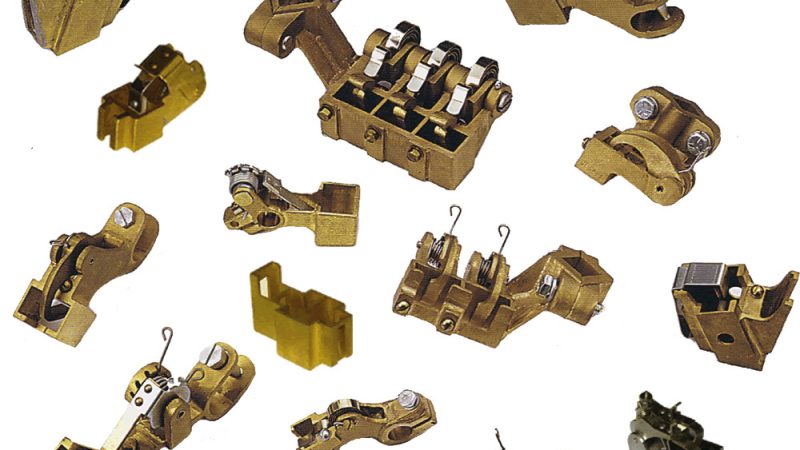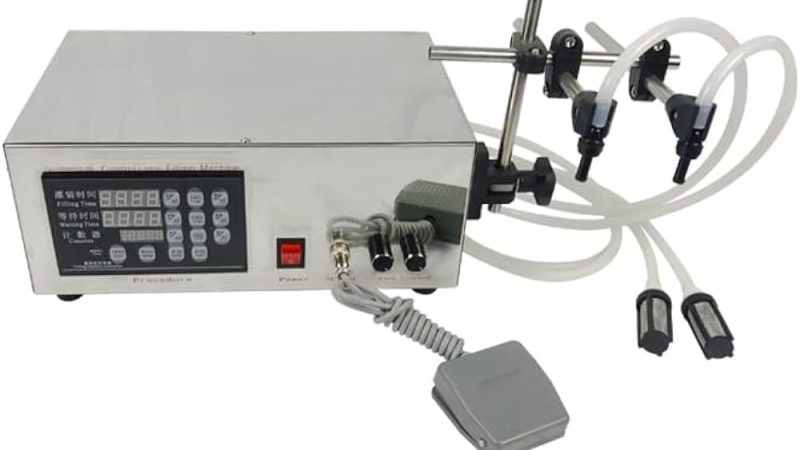When Does a PEO for Small Business Make Good Sense?

A professional employer organization (PEO) offers the opportunity for a small business to obtain full HR function without having to hire a dedicated staff of experts. But PEOs can differ in terms of the services they offer. Furthermore, going the PEO route is not always the best idea. So when does a PEO for small business make good sense?
Different types of organizations ask this very question all the time. They include small businesses, benefits brokers, and even general agencies like Dallas-based BenefitMall. Answering the question isn’t as easy as asking it. Choosing the right course of action requires a thorough understanding of a small business’s needs and resources.
PEO Services in a Nutshell
Any company looking into PEO services for small business really needs to understand what a PEO is and what it does. In the simplest possible terms, a PEO is a human resources management specialist. It provides HR services and functions, delivering those services and functions through a combination of technology, knowledge, and expertise.
Typical PEO services include payroll, benefits administration, recruiting and hiring, and maintaining tax compliance. But any HR task a company would otherwise perform in-house could be passed off to a PEO provider willing to handle it.
PEO for Small Business
The basics of PEO services brings us back around to the central question of when they make sense for small business. As with anything else in business, there is no black-and-white formula for determining when it is time to hire a PEO. But consider the following scenarios:
1. Company Expansion
Every small business that eventually becomes a large company goes through various stages of growth. Early on, adding a small number of employees immediately increases the amount of time company owners need to put into HR. If they do not have the financial resources to hire HR staff in addition to other employees, outsourcing to a PEO could be the best way to go.
A PEO can provide HR functions on an interim basis. Perhaps the company will stick with its PEO for several years before it has the financial resources to hire its own HR team. This is an angle brokers can take when they are trying to bring small businesses into the fold.
2. Limited Payroll Resources
Some small businesses outsource payroll to a company that specializes in it. Others manage payroll through the HR department or company ownership. But what happens when payroll starts getting too big to manage? A company can go to a payroll provider war a PEO.
The main advantage of outsourcing payroll to a PEO is getting other services thrown in. For the same price a small business might pay a payroll provider, a PEO can also handle things like time and attendance and tax reporting.
3. Adding Employee Benefits
This third scenario is especially important to insurance brokers who specialize in employee benefits. Administering benefits is no easy task for any business. But for small businesses, it can be overwhelming. Bringing in a PEO to handle benefits administration immediately eliminates what tends to be a big headache for small business owners. And at a time when employee benefits must comply with the Affordable Care Act (ACA), expert help is always appreciated.
Small businesses can benefit from PEO services most of the time. However, every situation is unique. A company thinking about contracting with a PEO has a lot to consider. PEOs bring plenty of important HR functions to the table, functions that could be too difficult to address with an internal HR department that is not really up to the task.






